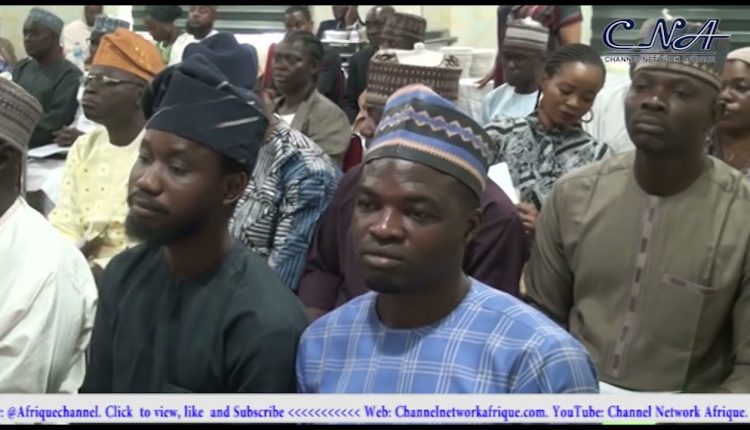Indications from recent studies by the National Bureau of Statistics and United Nations Children Fund shows that Nigeria is experiencing a severe learning crisis.as approximately three out of four children of basic education age cannot read a text with understanding, or solve simple mathematics problems .
As part of efforts to address the challenge and ensure Nigeria achieve the Sustainable Development Goals (SDGs), the Universal Basic Education Commission brought together stakeholders in the basic school system for a 2 day dialogue on Reading Initiatives in the UBE Programme and the Use of Language of Immediate Environment as medium of instruction in schools.
UBEC Executive Secretary, Dr Hamid Bobboyi in his opening remarks highlighted several factors not limited to lack of access to instructional materials, especially on the language of the immediate environment and lackadaisical attitude of States towards implementing the language policy on the use of mother tongue/ language of immediate environment as medium of instruction in the lower classes in Basic Education as responsible for the learning crisis in the basic school system, and urged the stakeholders to come up with actionable steps that will help change the narrative.
In a keynote address, the Executive Secretary of Nigeria Educational Research and Development Council, NERDC, Prof Ismail Junaidu, made case for the implementation of the National Language Policy.
Other speakers including the UNICEF Education Manager, Munamuzunga Sikaulu, emphasised on the need to brainstorm on ideas that will help the delivery of basic education to the Nigerian child.
Other take aways from the dialogue include the urgent need for communities as custodians of culture to complement the effort of government to address the endemic issue.


